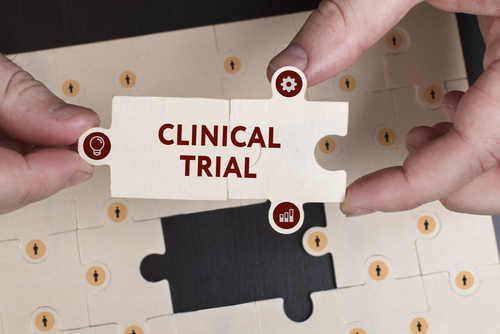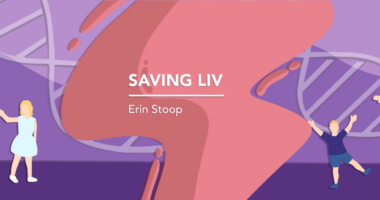Abeona Reports Positive Data from Clinical Trial of ABO-102 for Sanfilippo Type A

Abeona Therapeutics announced that ABO-102 (AAV-SGSH), an investigational therapy for Sanfilippo syndrome type A (MPS IIIA), demonstrated significant and durable clinical effects at various time points in a clinical trial.
Results were reported last week at the World Symposium for Lysosomal Diseases in San Diego, California, and are based on clinical data from an ongoing Phase 1/2 trial (NCT02716246).
MPS IIIA develops due to impaired degradation of a sugar molecule called heparin sulfate. ABO-102 is an adeno-associated virus (AAV)-based gene therapy that facilitates the delivery of the correct copy of the gene associated with the onset and progression of MPS IIIA. This gene works to break down and degrade heparin sulfate.
“The encouraging clinical data reported today provide strong additional support for a whole-body treatment approach involving intravenous delivery of an AAV to drive expression of the SGSH enzyme in all organs of the body, with an emphasis on expression in the central nervous system,” Kevin M. Flanigan, MD, principal investigator of the trial, said in a press release.
In this open-label, dose-escalation trial, patients were divided into three arms: low dose, medium dose, or high dose, and administered a single intravenous injection of ABO-102.
They were evaluated at various times after treatment to determine safety, biopotency, and clinical efficacy.
Currently, 10 patients have been dosed with a single intravenous injection of ABO-102 which continues to show significant dose-dependent and time-dependent responses in biomarker levels, including a reduction of heparan sulfate in the cerebral spinal fluid (CSF) and urine.
Cognitive assessments show that ABO-102 stabilizes or improves cognitive function at six months in the medium dose group and one year in the low dose group.
“We are especially pleased to see sustained decreases in CSF heparan sulfate in all subjects post-injection, along with positive signals of neurocognitive activity in Cohorts 1 and 2 (low and medium dose, respectively),” added Flanigan, director of the Center for Gene Therapy at Nationwide Children’s Hospital and professor of pediatrics and neurology at The Ohio State University College of Medicine.
Safety assessments show that ABO-102 is well-tolerated in all patients with no serious drug-related adverse events reported in over 3,100 cumulative days after injection.
It is known that patients with Sanfilippo type A have an average 220% enlarged liver volume. Results from this trial demonstrate that patients treated with ABO-102 show reductions in liver volume.
“Results thus far from the ongoing ABO-102 clinical trial support the tolerability of a systemically delivered AAV approach for the treatment of lysosomal storage diseases,” said Timothy J. Miller, PhD, president and CEO of Abeona.
“The large reductions in heparan sulfate in both CSF and urine, significant organ changes and demonstration of neurocognitive benefits represent important findings that support our path to regulatory guidance later this year,” he added.
Due to the positive results, the U.S. Food and Drug Administration (FDA) has allowed Abeona to lower the enrollment age of patients from 2 years to 6 months.
ABO-102 has been granted orphan drug, rare pediatric disease, and fast track designations in the U.S., and and orphan product designation in the European Union.






